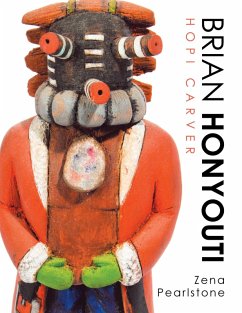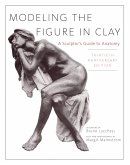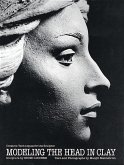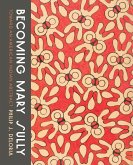Although Hopi carver Brian Honyouti (1947-2016) was deeply embedded in his culture and produced ritual artworks throughout his life, he nevertheless also created unique commercial artworks. The latter, the focus of this volume, increasingly diverged from the world view embodied in Hopi art, ceremony, and philosophy to become a new form of storytelling. While it is unlikely that anyone familiar with Hopi carvings (dolls) would look to Honyoutis artworks expecting to unearth political, social, or environmental truths and circumstances, these are, nonetheless, the messages he determined to convey. In Brian Honyouti: Hopi Carver, art historian Zena Pearlstone explores the ideas Honyouti sought to communicate through his work. She examines as well how he transmitted them by turning a traditional art form, the carved representations of katsinas, into a modernistic critique of local Native American and global concerns. It is as a result of these universal implications that Honyoutis art will endure. Because Honyoutis attachment to Hopi culture was so profound, he veiled his critical reflections with humor and imagination to avoid exposing too much to public scrutiny. Feeling that there should be a public record of his intentions, however, he set aside many of his self-imposed limitations when he agreed to collaborate with Pearlstone. It was his hope that having made his intentions public for the first time, his work would be seen as a window into Hopi life as well as a reflection of contemporary mainstream American society.
Dieser Download kann aus rechtlichen Gründen nur mit Rechnungsadresse in A, D ausgeliefert werden.









